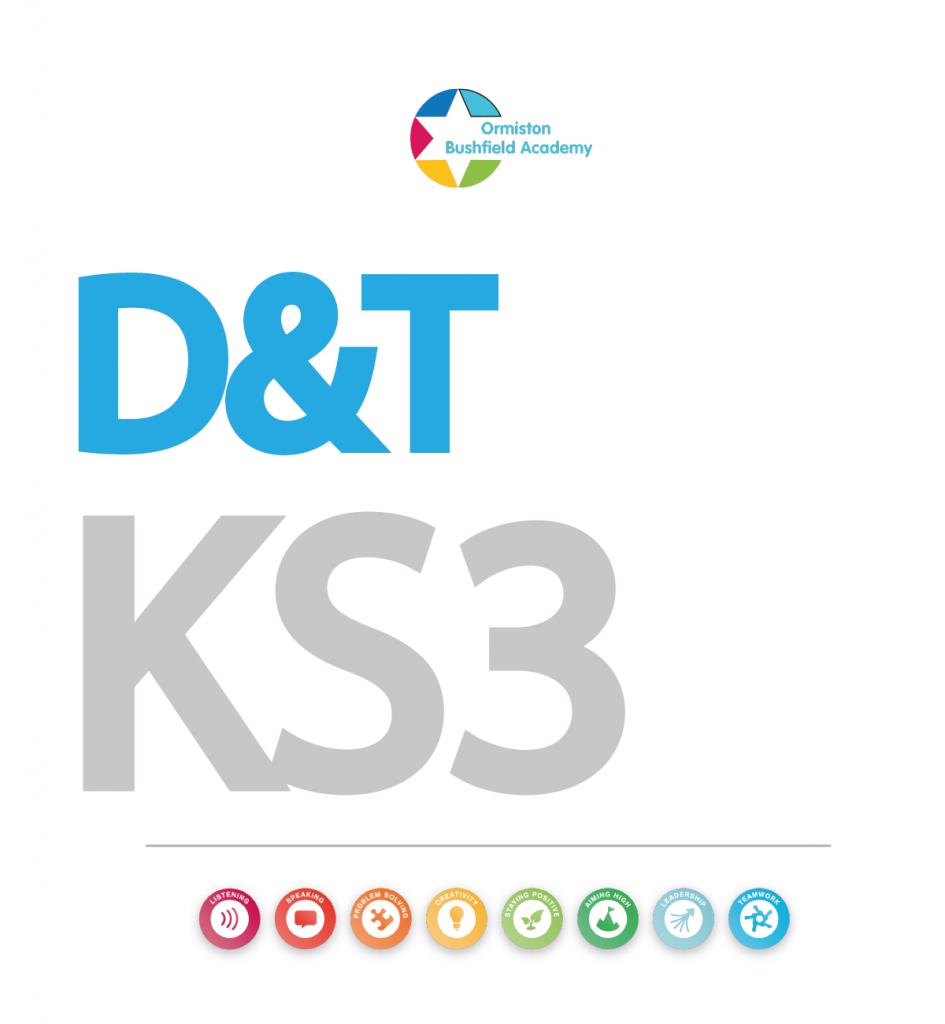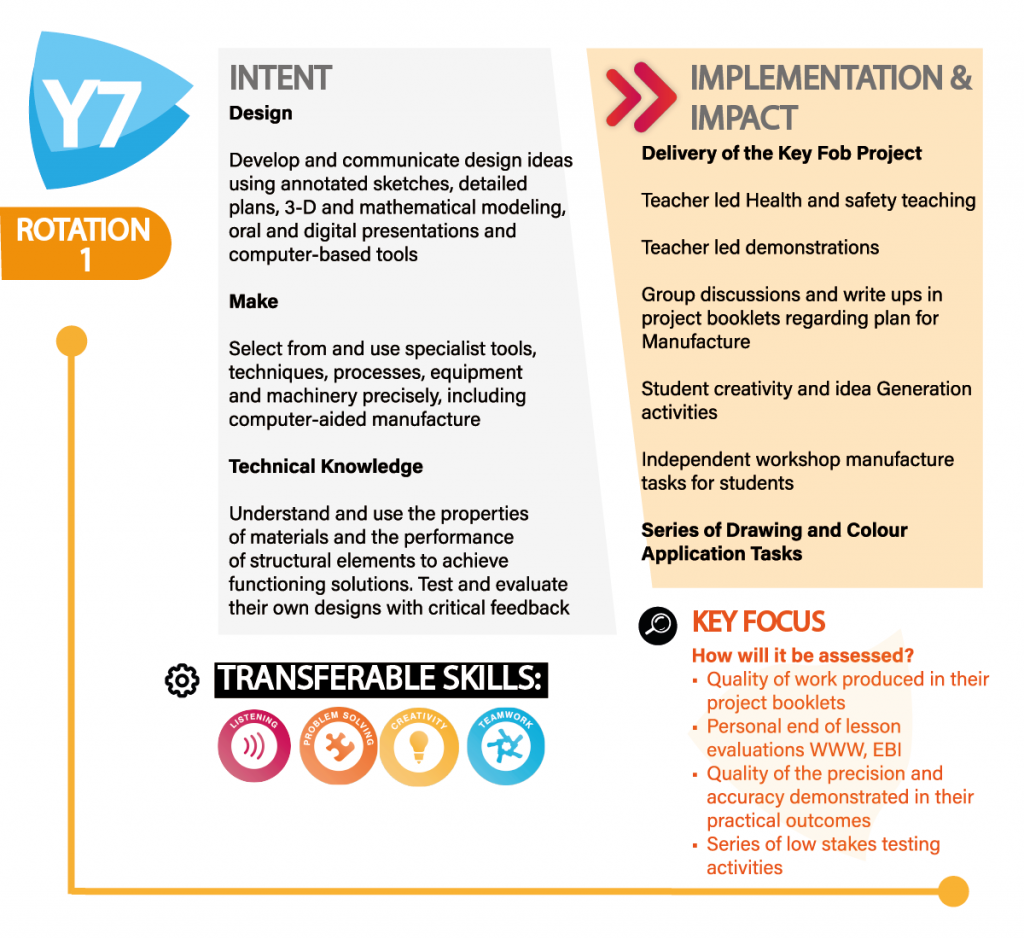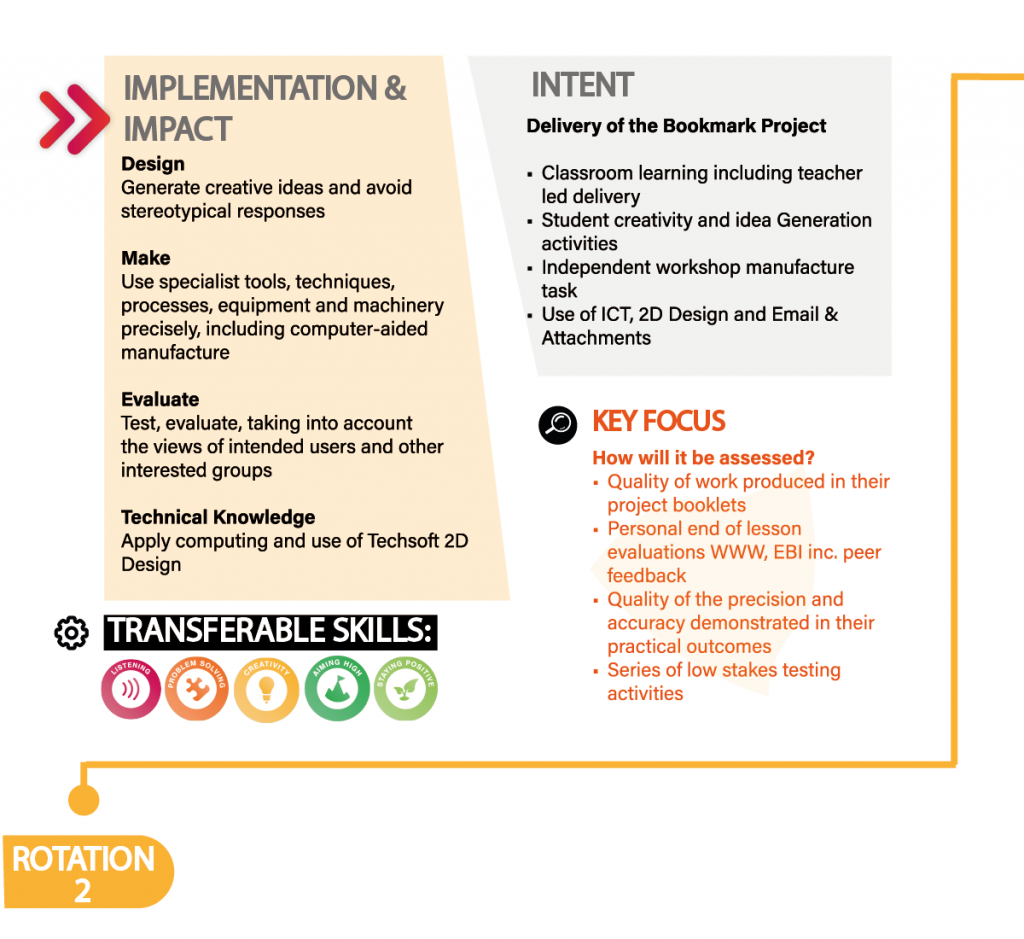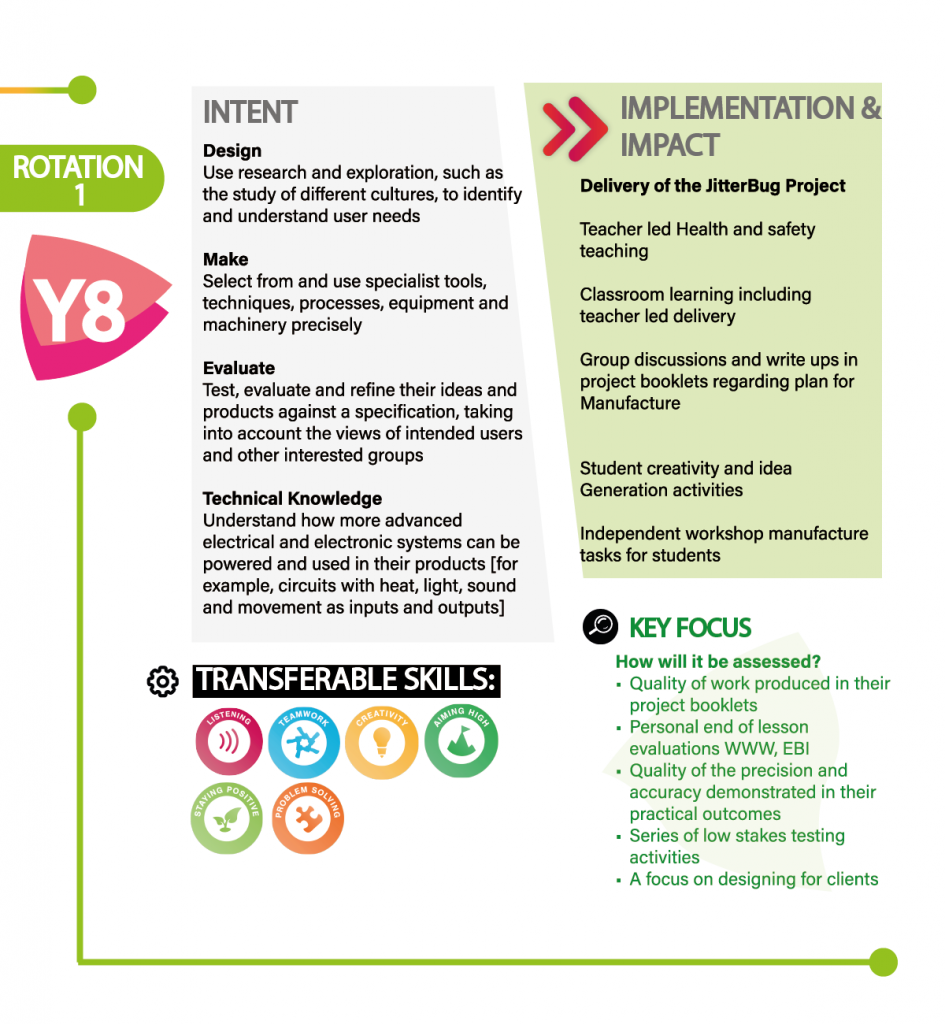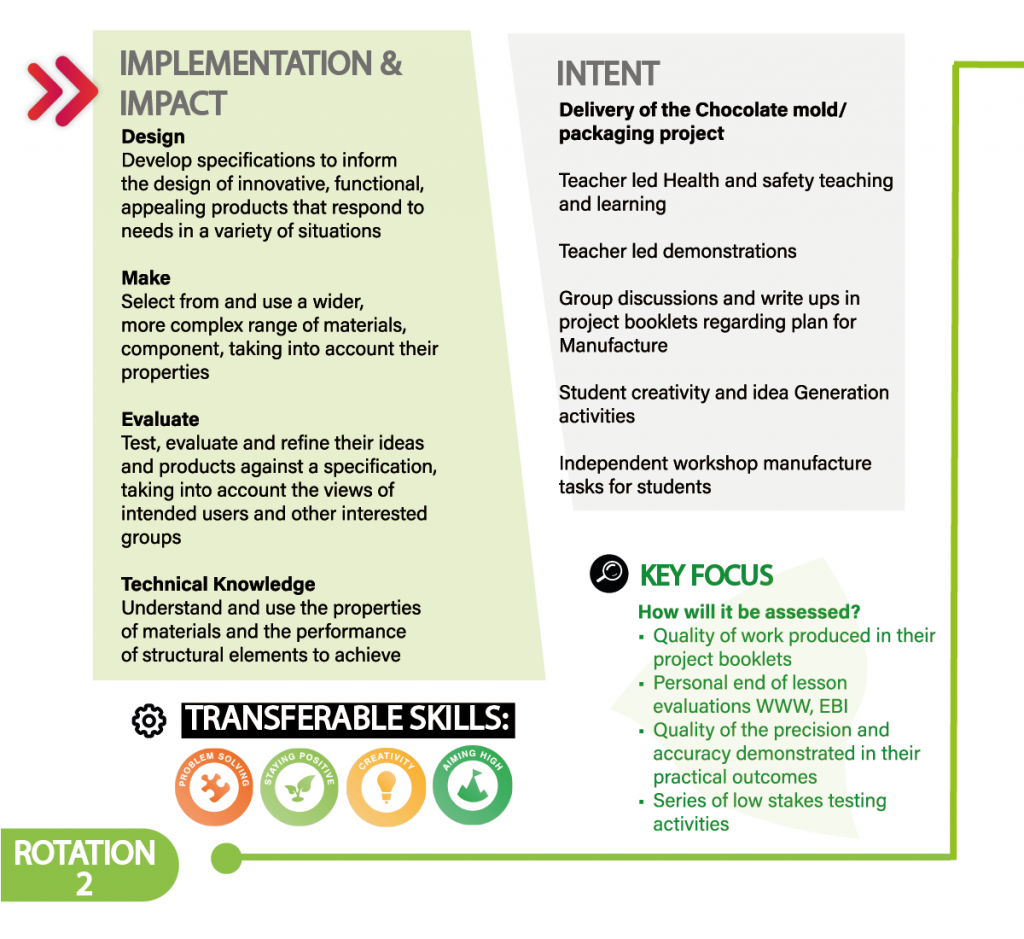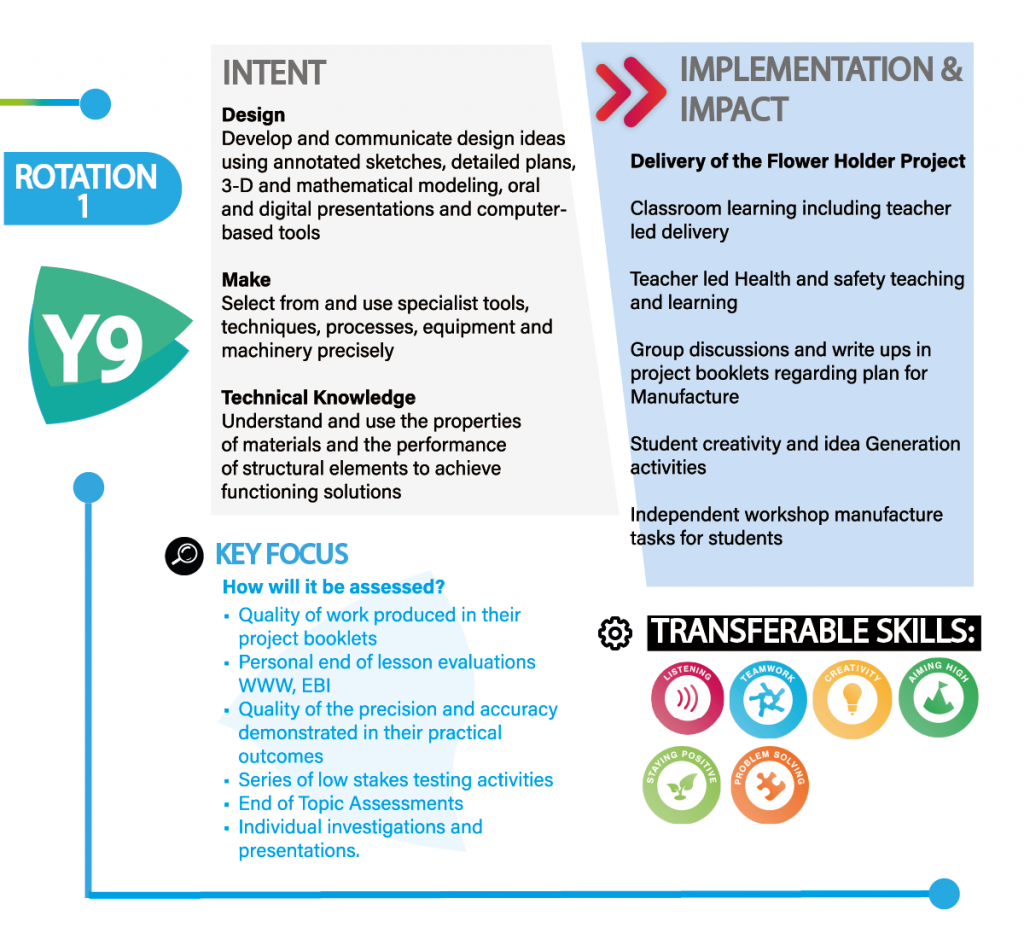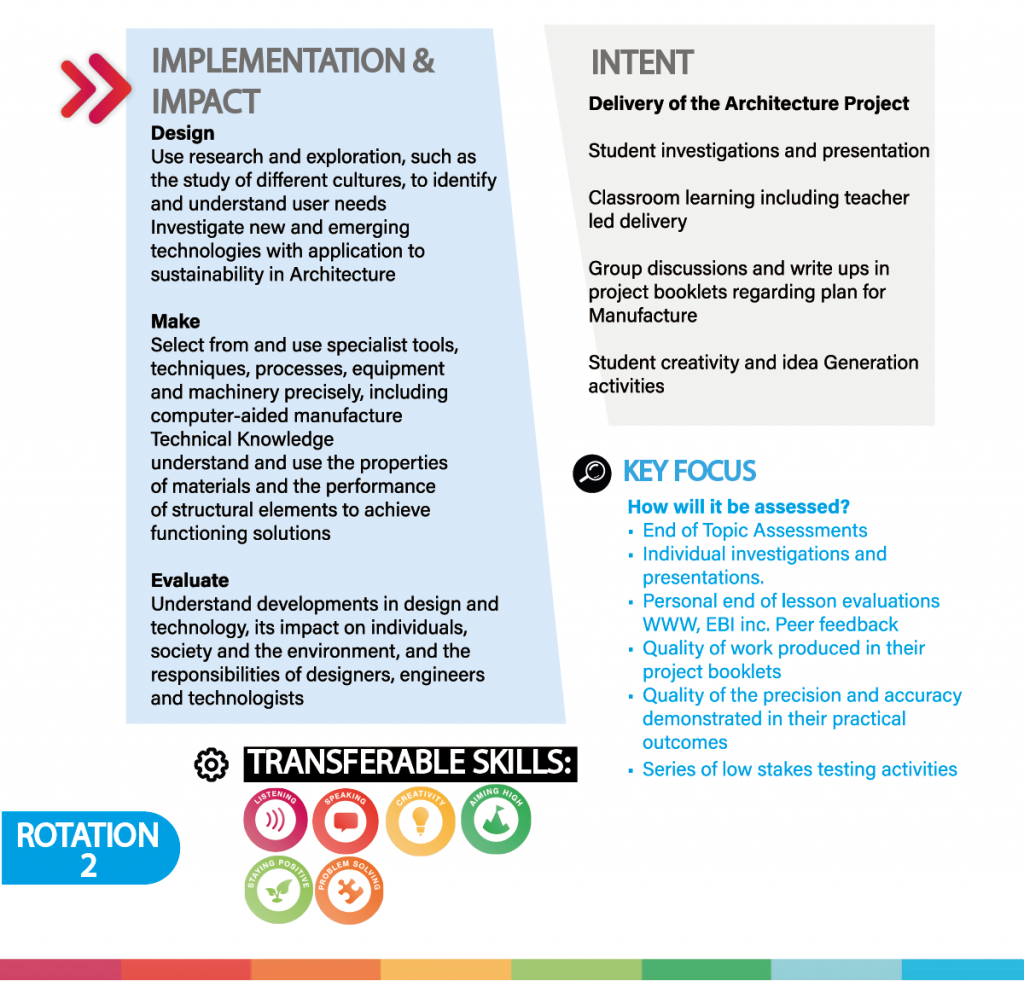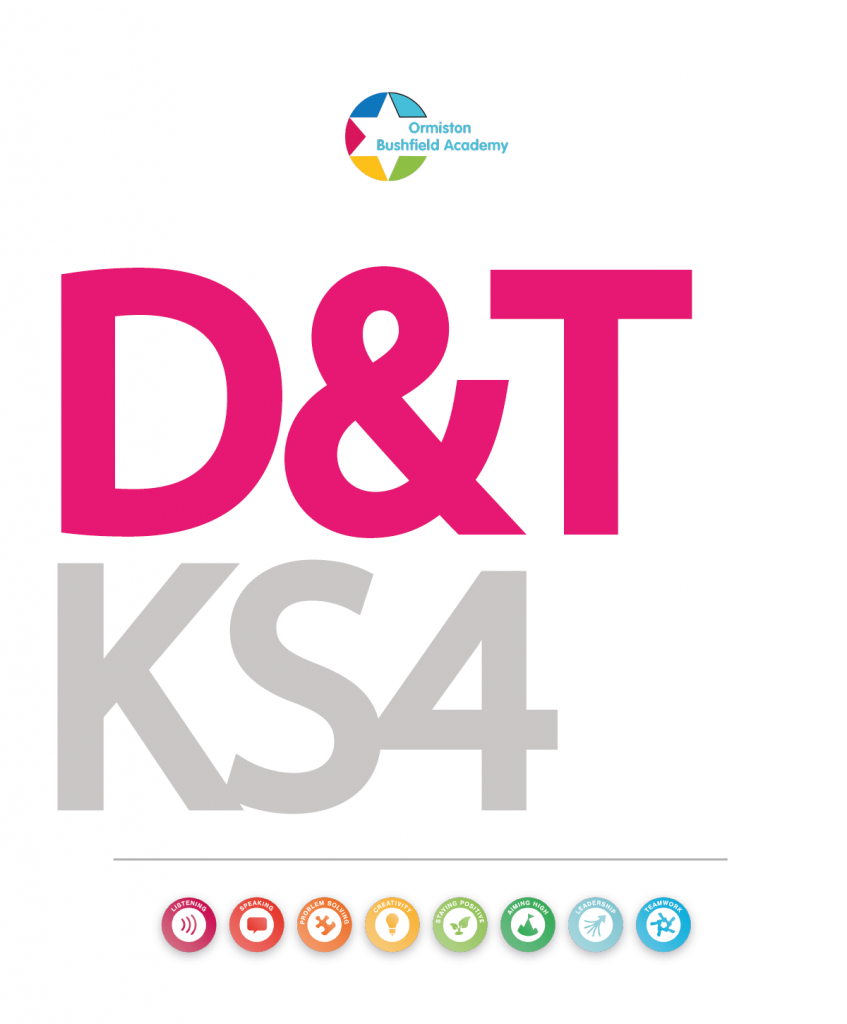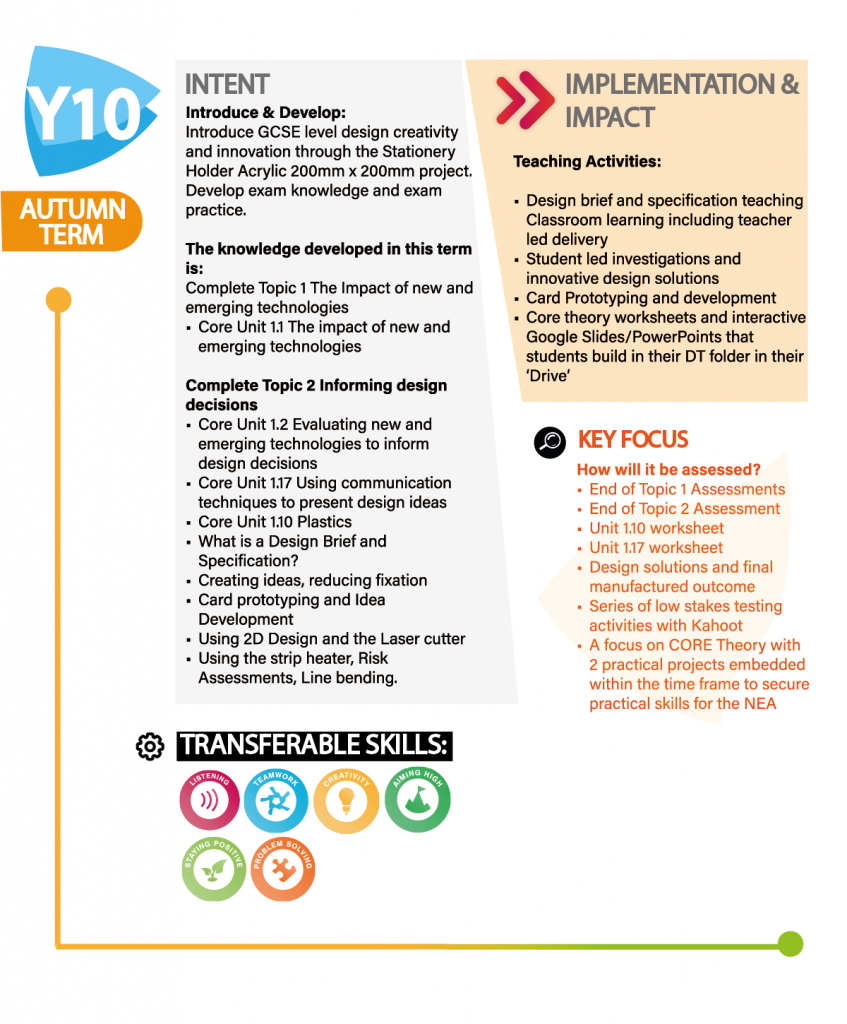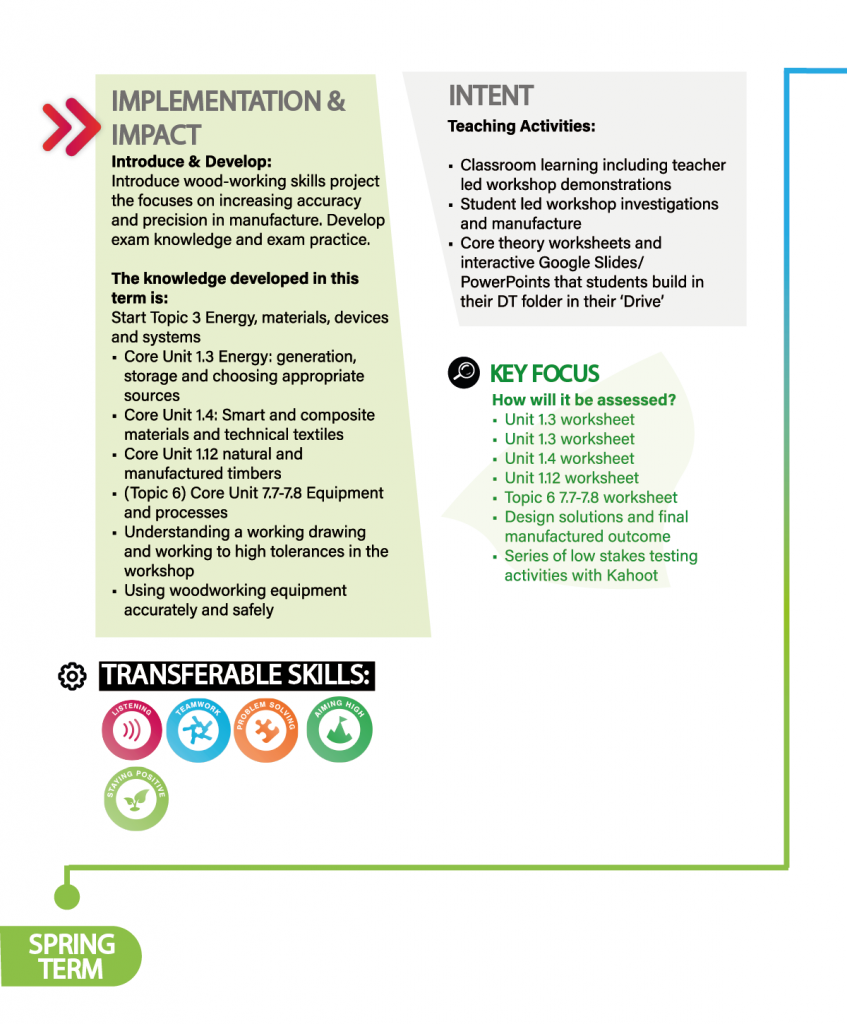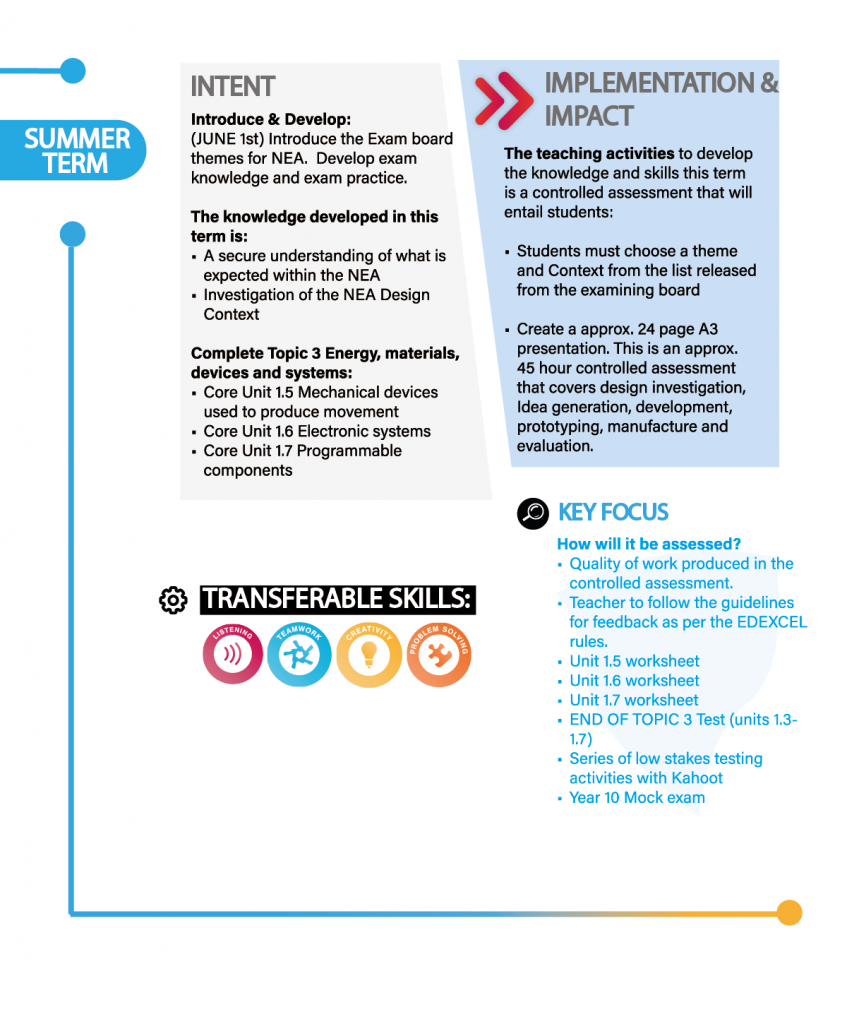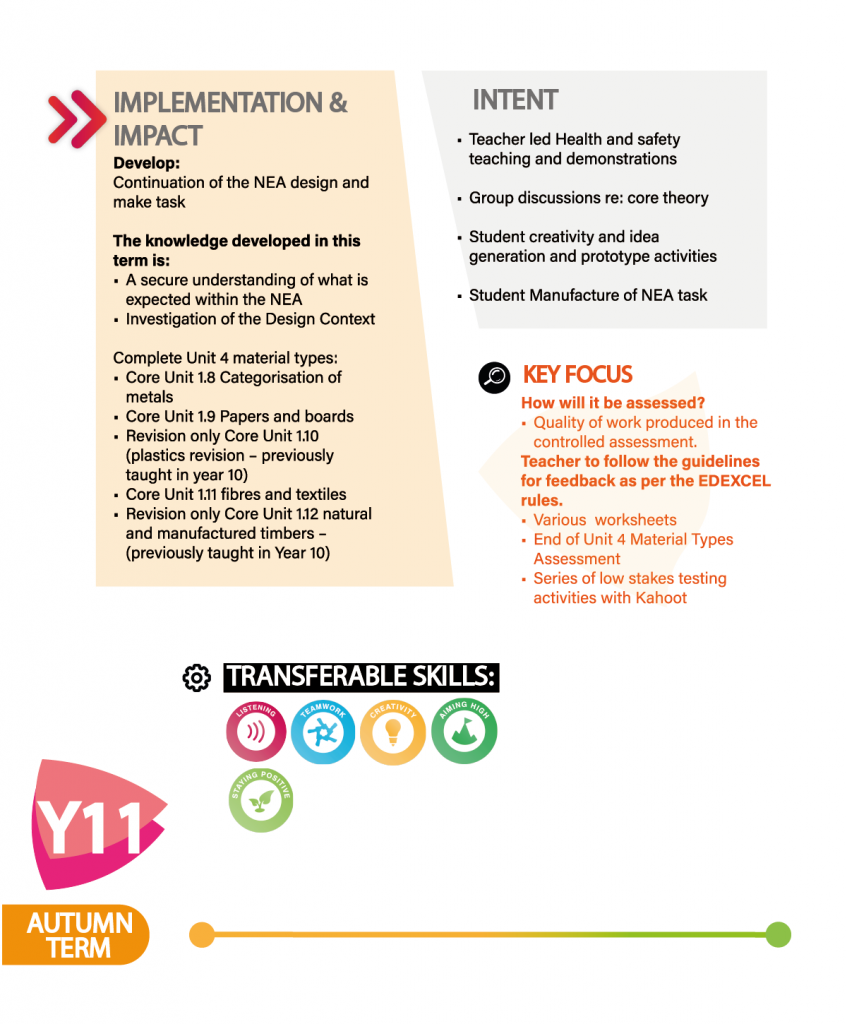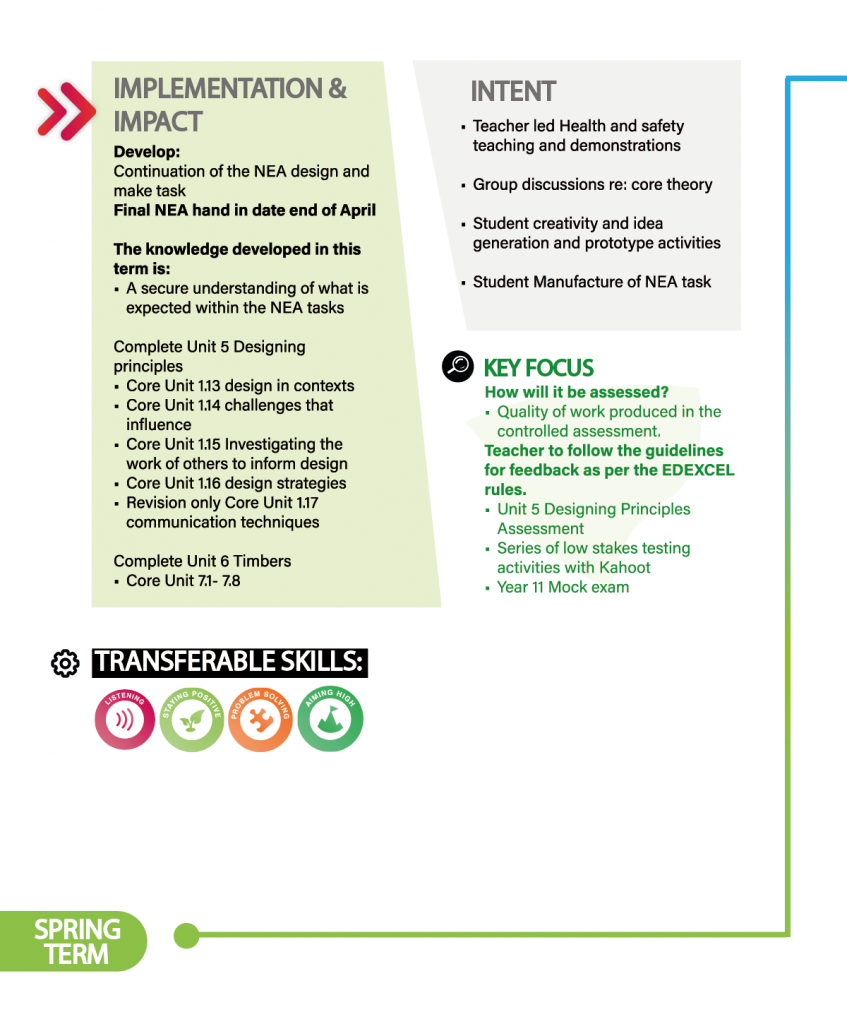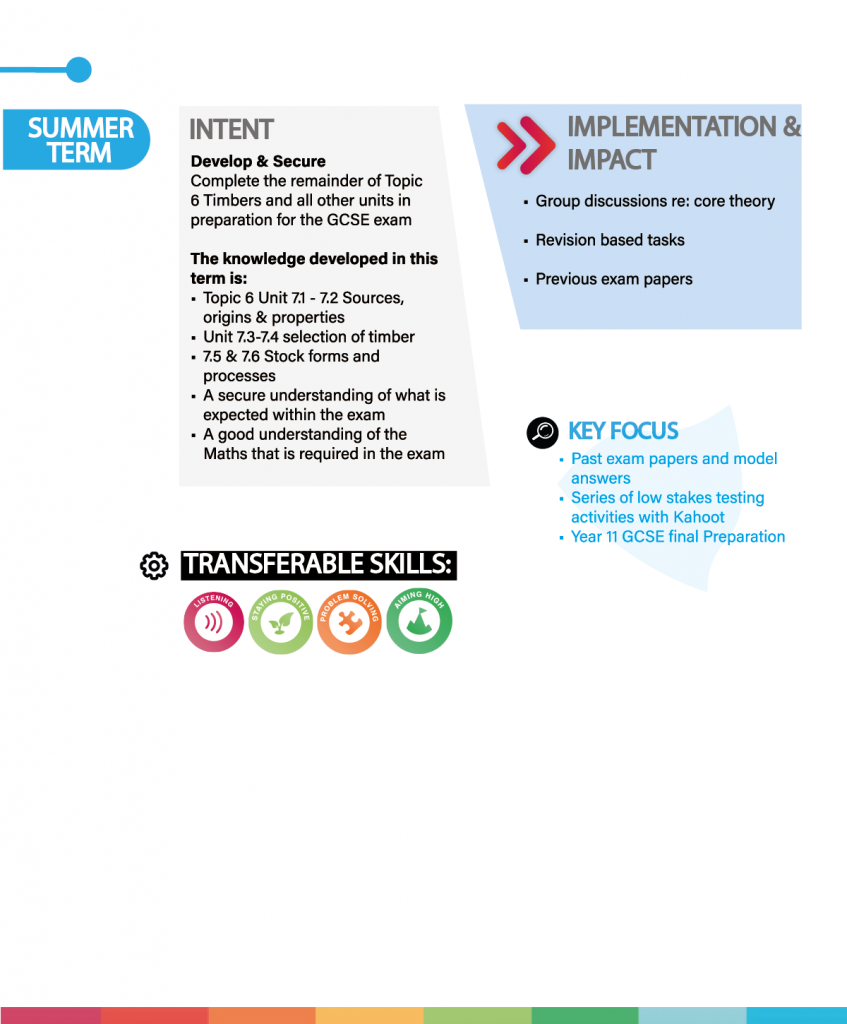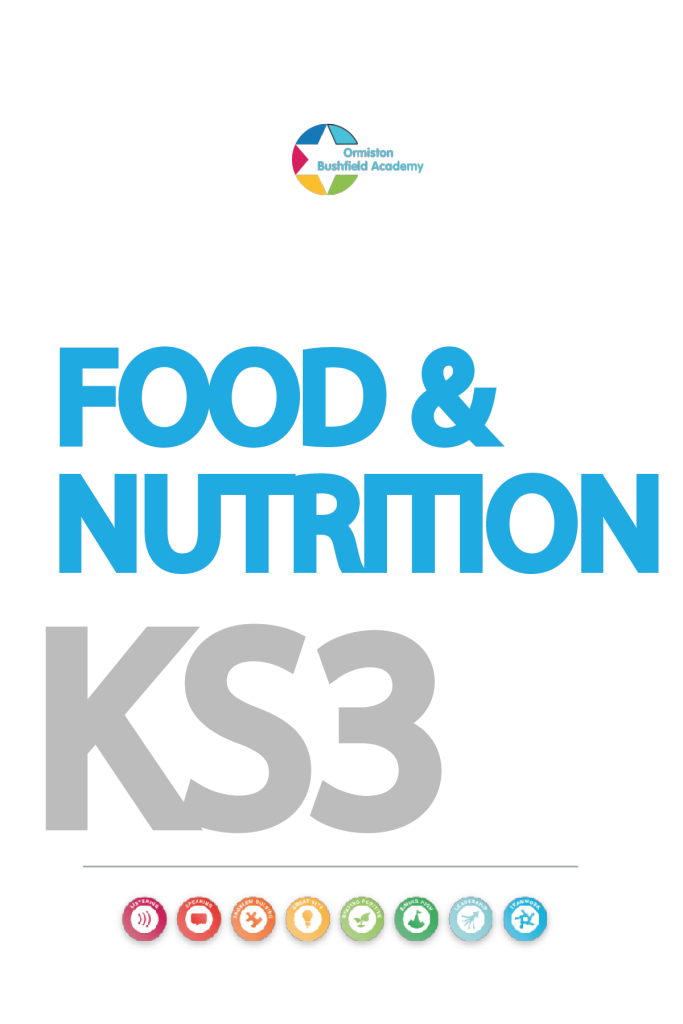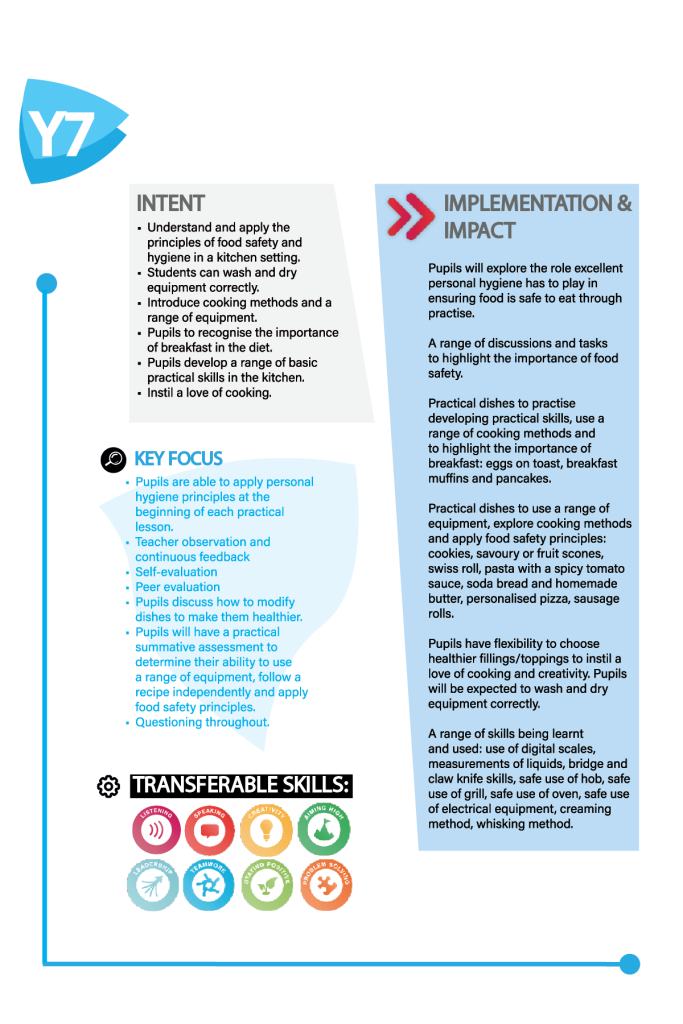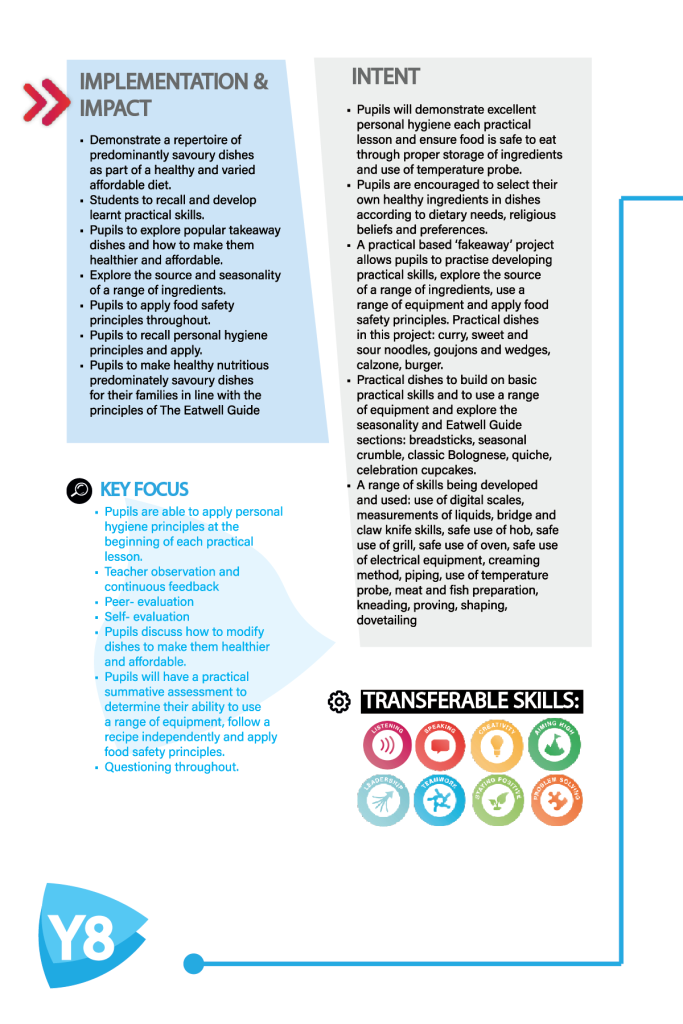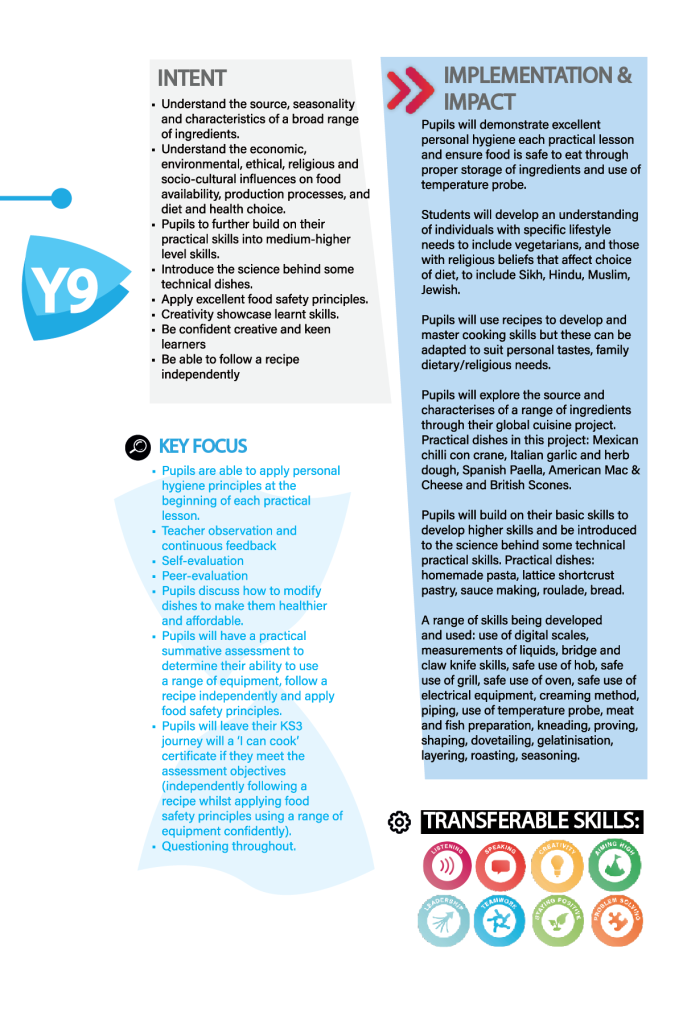STEM, Food Nutrition and Design Technology
STEM at OBA offers a totally unique experience for students. We aim to offer a curriculum that aims to enhance the skills of students by using a cohesive learning platform that is largely based on real-world applications. This underpins the teaching of Science, Technology, Engineering and Maths and allows all students to participate in problem solving in a constructive and developmental way. Students focus on project-based learning. Projects and activities conducted usually involve modern technology so as to accentuate the practical applications of science in the near future. Students get to apply the various domains of STEM in a context that helps them realise a connection between the classroom and the world around them.
These lessons are very hands on with students being able to explore ideas both visually and written. The emphasis is to produce an answer but there are no wrong answers just levels of effectiveness. The reflection on the effectiveness and the ability to improve is just as important as the end product. Everyone has the ability to make a valued contribution.
Integrated STEM lessons help to break down the historical ethic and gender stereotypes associated with STEM careers. We are hoping that more students have the ability to imagine their careers that will allow them to follow a STEM route.
The activities offered all have elements of reading incorporated into them. Support is available to those who are not as confident but there are no limits on the reading about that can enhance subject knowledge. Case studies are given and discussed and the information used in real world problems.
Recommended Reading:
There are numerous books that have a STEM theme running through them, if fact it is probably harder to find a book that doesn’t have STEM somewhere inside.
The following are suggestions of books to consider, but the list of reading that is relevant is varied and should be adjusted to meet your own personal areas of interest.
- Ryan North – ‘How to Invent Everything’
- Rachel Ignotofsky – ‘Women in Science: 50 Fearless Pioneers Who Changed the World’
- Randall Moore – ‘What If?’ or ‘How To’
- For more of a challenge, try:
- Matt Parker – ‘ Things to Make and Do in the Fourth Dimension’
- Roma Agrawa – Built; the story of the shard.
- Mary Shelley – Frankenstein
STEM is usually just available for a few as part of an after-school club but here all students get the opportunity to look at how technology is used everyday and everyone gets the chance to take part in problem solving using state of the art technologies.
Curriculum Maps
Here you can browse the curriculum maps for each Key Stage. Use the tabs to select the subject and key stage you wish to view, and use the left & right arrows to browse through the slides.
